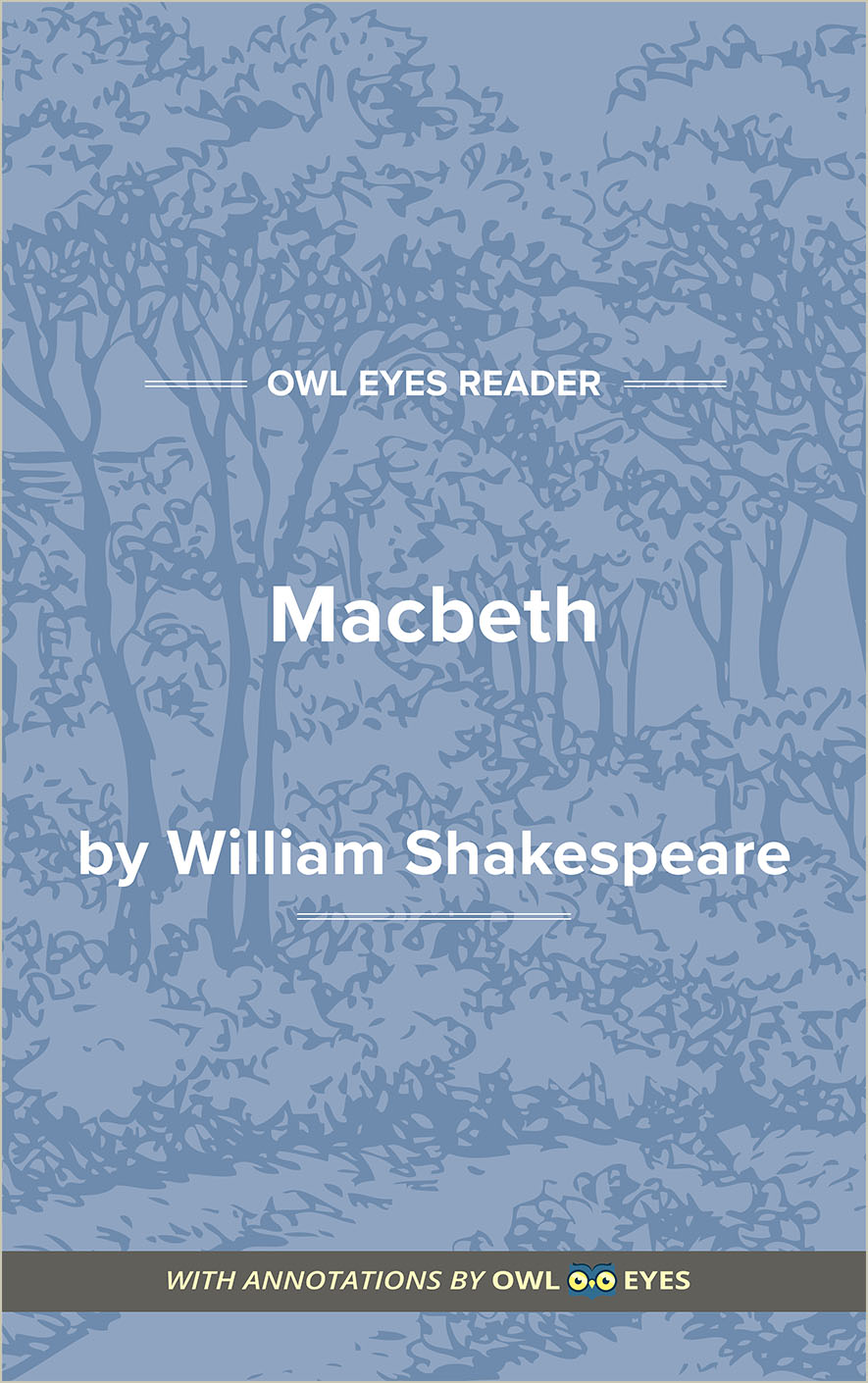Analysis Pages
Symbols in Macbeth
Symbols Examples in Macbeth:
Act I - Scene V
🔒"The raven himself is hoarse That croaks the fatal entrance of Duncan..." See in text (Act I - Scene V)
Act II - Scene III
🔒"Here's a farmer that hanged himself on th’ expectation of plenty...." See in text (Act II - Scene III)
Act V - Scene I
🔒"It is an accustomed action with her, to seem(25) thus washing her hands...." See in text (Act V - Scene I)
Act V - Scene II
🔒"like a giant's robe Upon a dwarfish thief...." See in text (Act V - Scene II)

